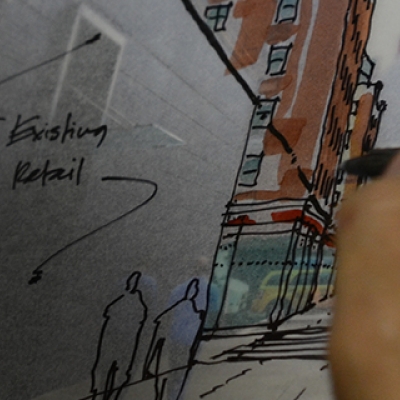
Moving Conservation to the Landscape Scale
By Admin / On February 14th, 2011
Parks, like Yellowstone National Park, and wildlife reserves, are the traditional models for conserving large tracts of land. But as the effects of climate change and development encroaches, it’s now clear that even large, protected tracts aren’t protection enough to help preserve biodiversity.
As Nature pointed out in a recent editorial:



